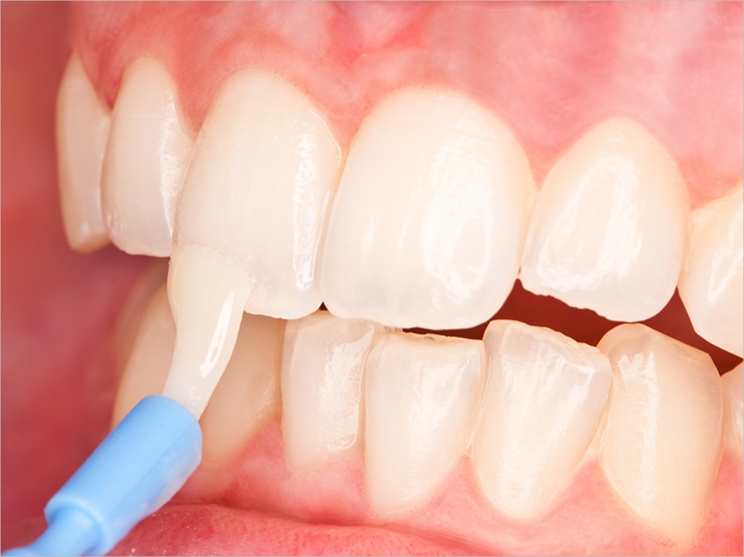
The US Preventive Services Task Force has posted a draft recommendation statement on screening and interventions to prevent dental caries in children younger than 5 years old.
The Task Force recommends that primary care clinicians apply fluoride varnish to the primary teeth of all infants and children and prescribe oral fluoride supplementation to children 6 months and older whose water supply doesn’t include enough fluoride.
Also, the Task Force determined that there is not enough evidence to recommend for or against primary care clinicians screening for cavities in children younger than 5 years old.
According to the Task Force, cavities are the most common chronic disease in children in the United States, and rates are on the rise, particularly among children between the ages of 2 and 5. If left untreated, the Task Force said, cavities can lead to pain and tooth loss. They also can negatively affect speech, appearance, and growth.
Primary care clinicians can easily provide fluoride varnish and fluoride supplementation in their offices to help prevent tooth decay, the Task Force said.
“Children regularly visit a primary care setting for checkups, which provides an important opportunity for clinicians to play a role in helping reduce and prevent cavities,” said Task Force member Michael Cabana, MD, MA, MPH.
“Primary care clinicians can help keep children’s teeth healthy by using fluoride in those younger than 5 years old,” continued Cabana, who also is a professor of pediatrics and chair of the Department of Pediatrics at the Albert Einstein College of Medicine. He is physician in chief at the Children’s Hospital at Montefiore as well.
Any child whose teeth have come in can develop cavities, the Task Force said, but Hispanic and Black children and children in low-income households are at higher risk for tooth decay and often experience more severe tooth decay than other children.
Additional factors that put children at higher risk for cavities or tooth decay include frequent sugar exposure, level of fluoride in their water, previous tooth decay, and developmental defects of tooth enamel, the Task Force said.
“Using fluoride to help prevent cavities in young children is simple and easy for primary care clinicians to do,” said Task Force member Martha Kubik, PhD, RN, professor and director of the School of Nursing, College of Health and Human Services at George Mason University.
“Since tooth decay can negatively affect children’s growth and development, these interventions are important to helping maintain children’s health and well-being,” said Kubik, who also is a nurse scientist, researcher, and past standing member of the National Institutes of Health’s Community-Level Health Promotion Study Section.
The Task Force also reviewed the evidence on screening exams for tooth decay in primary care and found that more research is needed to determine if having primary care clinicians regularly screen young children for tooth decay improves their future health.
The Task Force’s draft recommendation statement and draft evidence review have been posted for public comment on the Task Force website. Comments may be submitted online through June 7, 2021.
The Task Force is an independent, volunteer panel of national experts in prevention and evidence-based medicine that works to improve the health of people nationwide by making evidence-based recommendations about clinical preventive services such as screenings, counseling services, and preventive medications.
Related Articles
Study to Examine Povidone Iodine’s Effectiveness in Preventing Severe Early Childhood Caries
Middle School Dental Clinic Reopens After Eight-Month Shutdown
Capitol Dental Care to Include Fluoride Varnish With Teledental Visits











